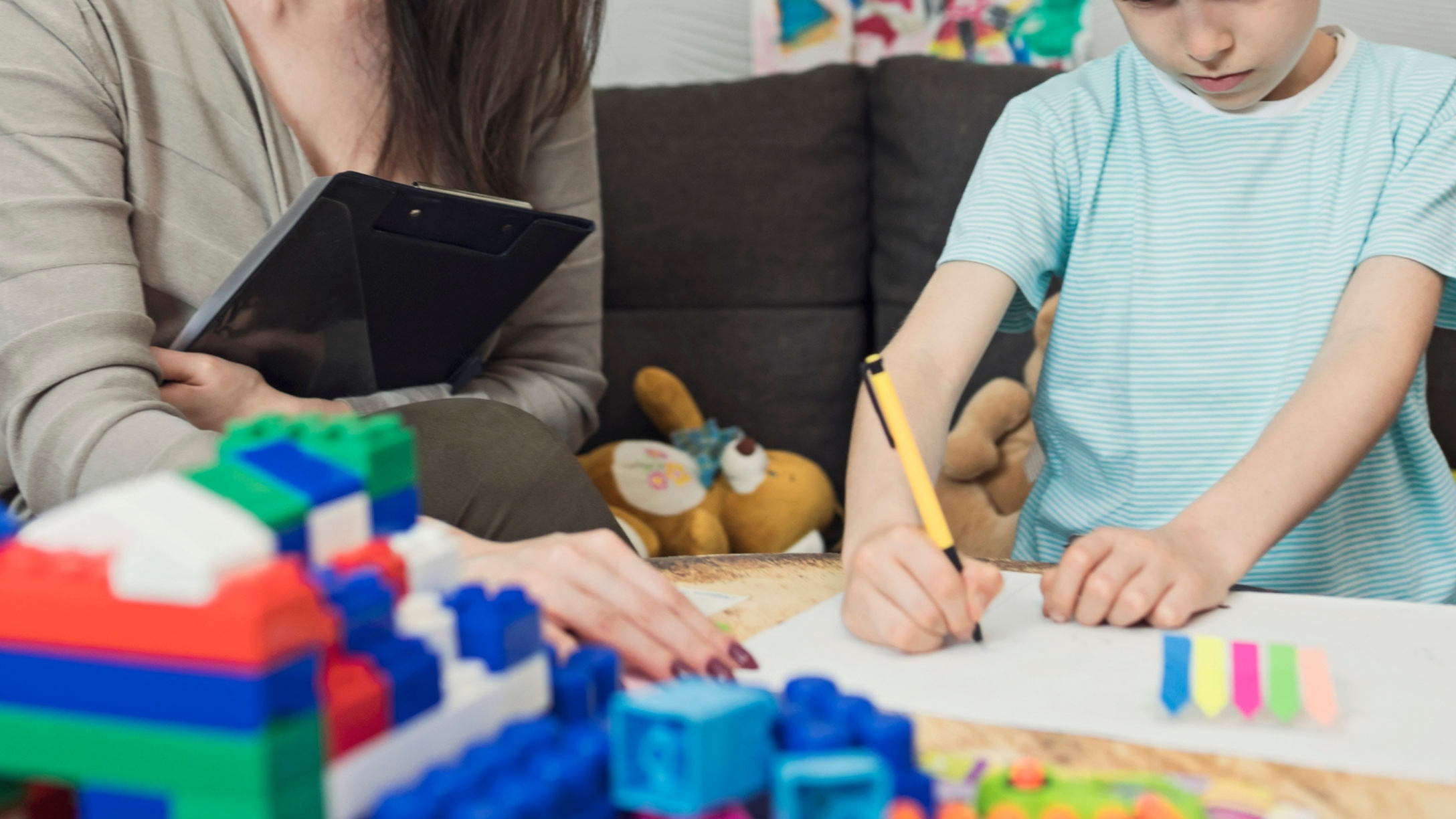
Over the course of the last year, many families have learned a lot about themselves and their needs. In that time of togetherness, parents got a look at the sides of their children that they sometimes didn't see otherwise.
In that space of time and due to evolving attitudes about therapy and mental health care in society overall, more and more parents are considering getting their kids professional help for their mental health. On one hand, it's exciting to imagine a generation of kids growing up with the tools to handle feelings big and small.
The reality is a little more complicated, however. The demand for child mental health care was already high before the health crisis. Today, the need for therapists, licensed social workers, and others who provide these services greatly exceeds what's out there.

These days, it seems that more and more parents are in tune with their children's mental health needs. It sounds like an amazing development, but the reality is more complex. Though more parents are embracing the need for mental health care for kids, there isn't enough care to go around currently.
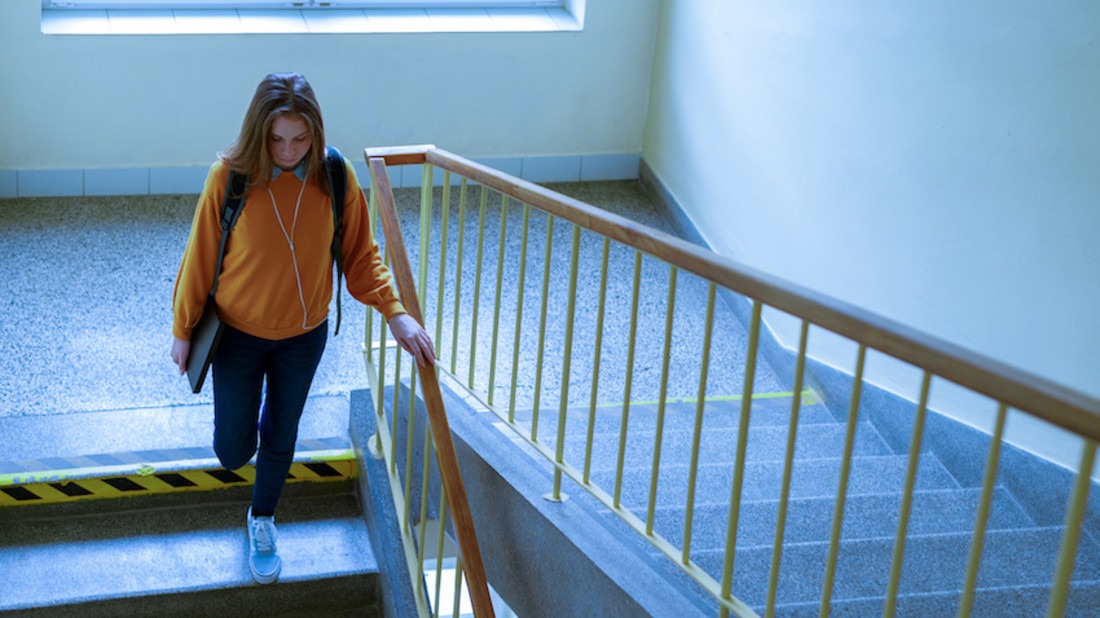
The Centers for Disease Control and Prevention reports that nearly 1 in 5 children have a mental, emotional, or behavioral disorder. These can include anxiety or depression, attention-deficit/hyperactivity disorder (ADHD), disruptive behavior disorder, and Tourette syndrome.
Research has shown that children with these disorders benefit from early diagnosis and treatment. That care isn't easily accessible to all, however, resulting in only about 20% of children with mental, emotional, or behavioral disorders receiving care from a specialized mental health care provider.
There are a lot of different reasons why parents are struggling to find the right professionals to help their kids. For many, it's not covered by insurance, and out-of-pocket costs are unaffordable. Many organizations are working to bring mental health care to inaccessible areas, especially for children, but there's a long way to go.

The providers who do exist are booked to the extreme.
"In our area, there are very long wait times to start seeing most child psychologists/therapists. For example, the therapy office we were referred to by our pediatrician has a six-month wait list for new patients," one parent shared on Reddit.
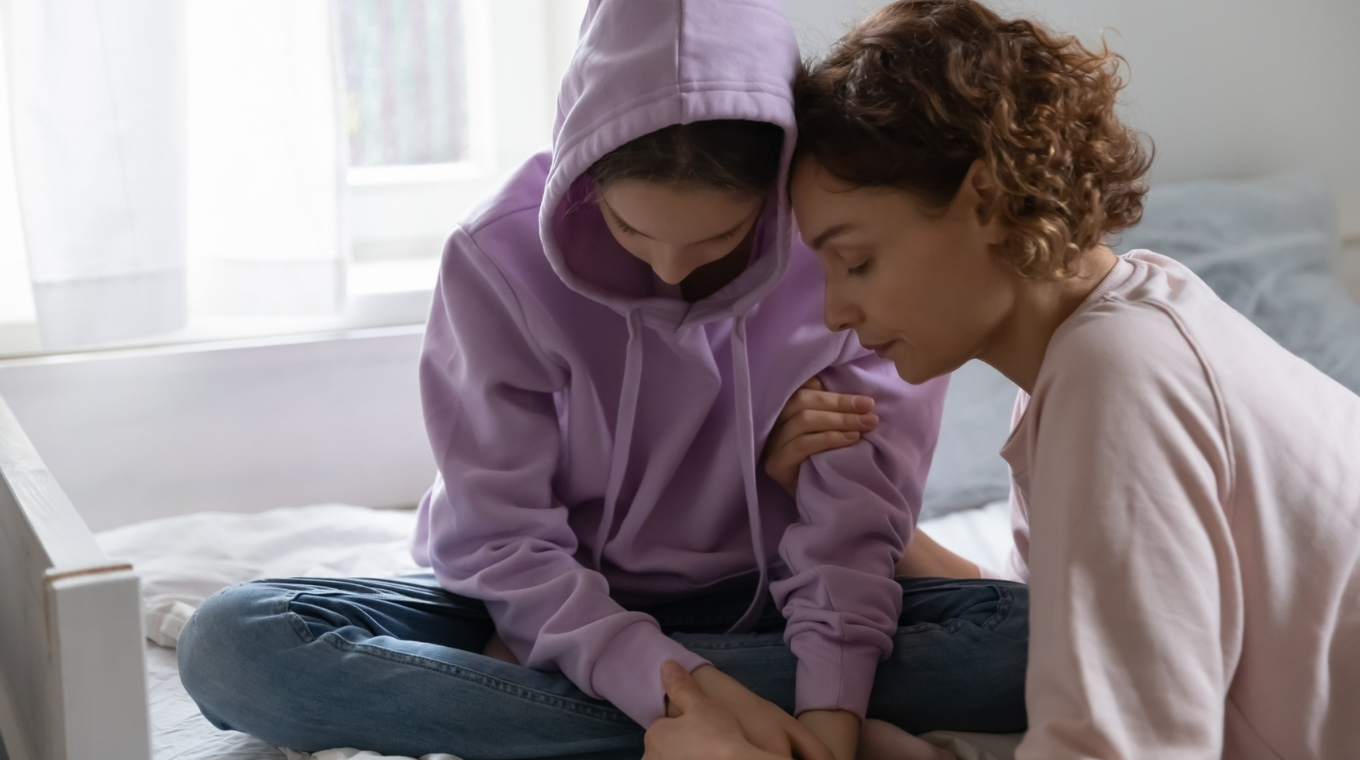
As of January 2021, New York had just five psychiatrists for every 10,000 children under the age of 18. The state ranks better than most states on this measure.
"In many parts of the state, young people wait six months to see a therapist, and even longer for a psychiatrist who can manage medication," the Center for New York City Affairs reports.

If just getting a foot in the door is that difficult, you can imagine how hard the rest of the process can be. The first therapist you see isn't guaranteed to be a great fit. Parents are forced to choose between getting their kid mental health care fast or getting them quality care.
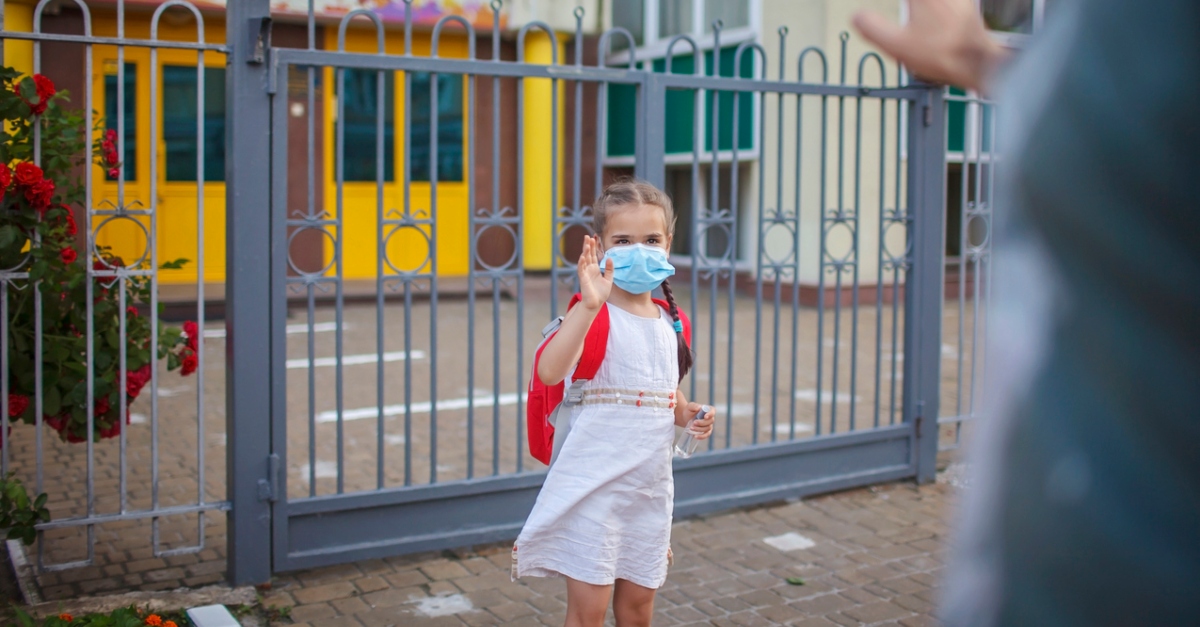
As kids go back to school, the pressure of the mental health care system will increase. Many kids will be recommended to find help beyond what they can get at school. This puts more on the workload of existing providers and sees more families weighing the pros and cons of going with providers who have less experience.

Navigating mental health care for kids is a fairly new process altogether, and new altogether for many families. It can be tricky, and mistakes can be made. Parents are hard on themselves about mistakes that aren't necessarily their fault, as they know that every moment their child is without help is a moment they may be suffering.
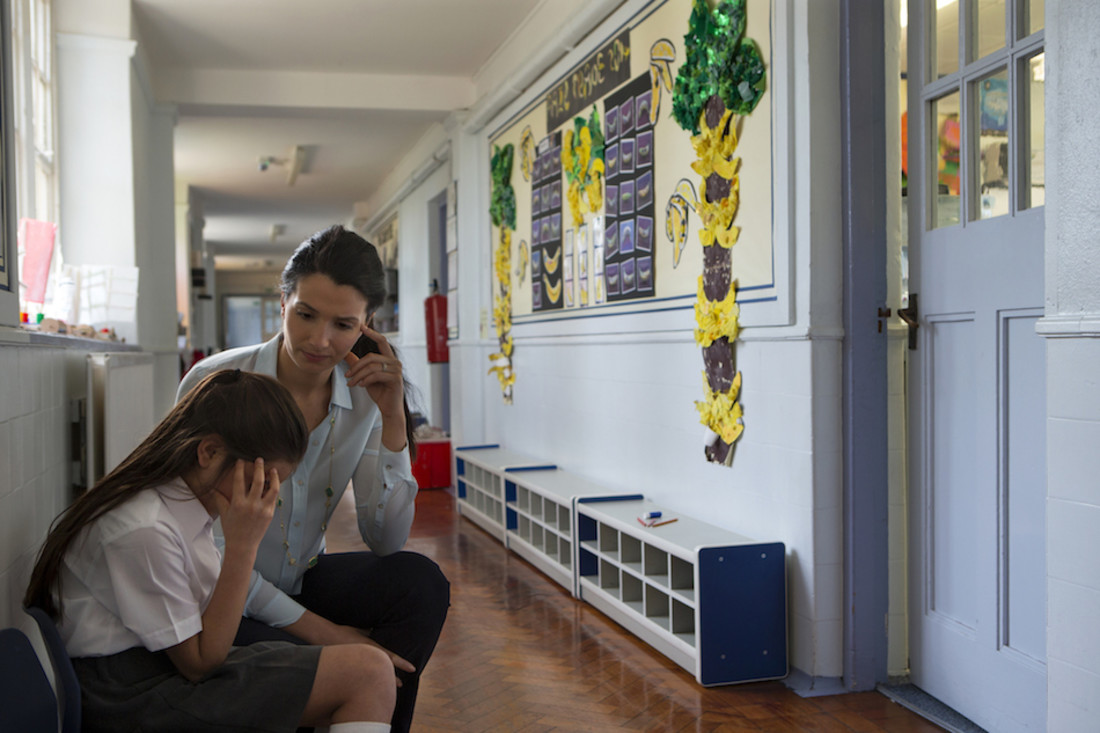
Navigating these difficulties can put a lot of stress on different members of the family. There needs to be a larger solution, but what it is and how it would operate remains to be seen.
In the meantime, supporting organizations that help provide children's mental health care in underserved communities is just one of many avenues parents can take to make a difference in an issue that touches more people than you may think.




